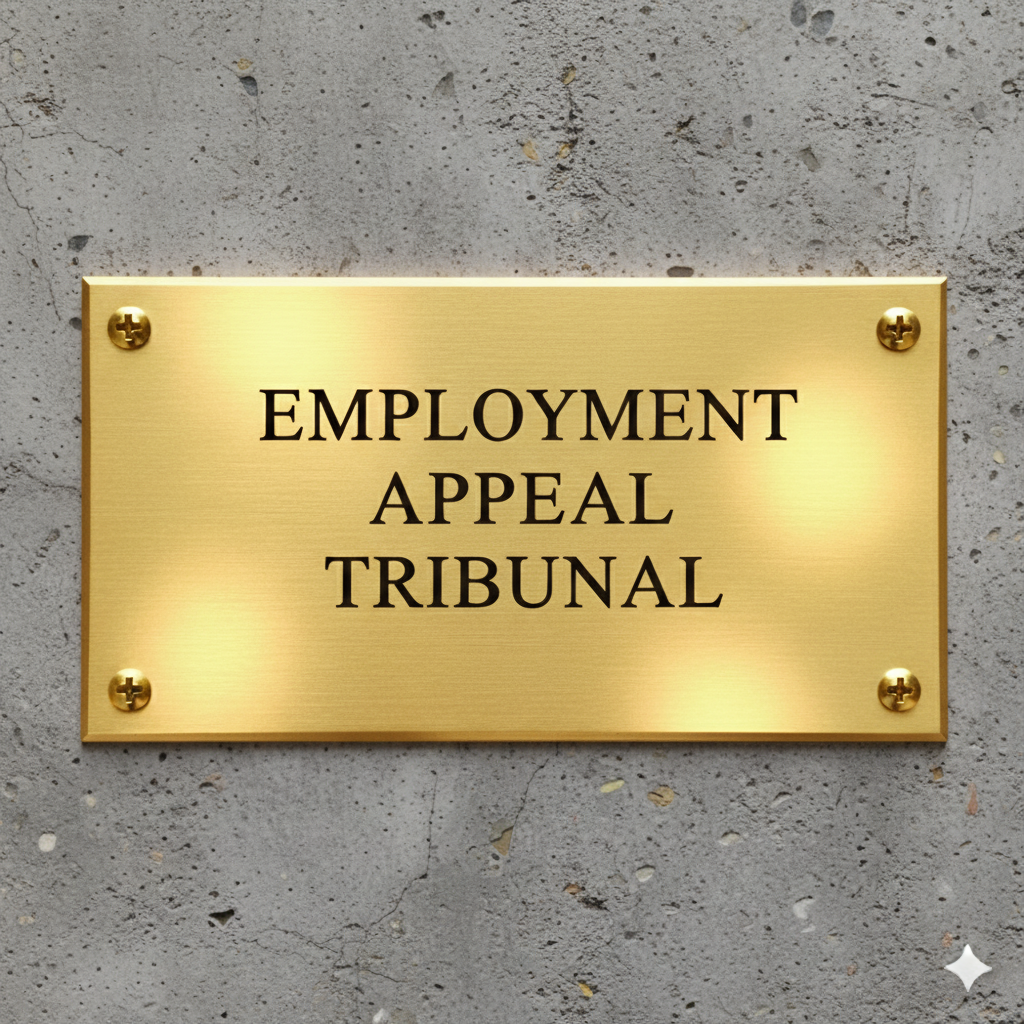Aviva Wins Appeal as Tribunal Upholds Fair Trial Despite Claimant's Conduct
Aviva Employment Services wins an appeal. The Employment Appeal Tribunal found that a fair trial was still possible despite the claimant's behaviour and allegations.
• public
Aviva Prevails in Employment Appeal Tribunal
Aviva Employment Services Ltd has successfully defended an appeal brought by Miss S Bailey at the Employment Appeal Tribunal (EAT). The case, EA-2024-000519-RN, centered on whether a fair trial was still possible given the claimant's conduct during the initial Employment Tribunal proceedings.
Background: Tribunal Adjournment and Allegations
Miss Bailey, representing herself, had brought claims of victimisation and direct discrimination based on race and sex against Aviva. The original hearing, scheduled for seven days in September 2023, was adjourned due to concerns about Miss Bailey's well-being. Further delays occurred, and at one point, Aviva applied to have the claim struck out, though this application was later withdrawn.
Claimant's Conduct Raises Concerns
On 16 January 2024, during a resumed hearing, Miss Bailey made serious allegations, including accusations of corruption, collusion between the respondent and the Employment Tribunal, and bias. The tribunal warned her about her conduct, deeming it "scandalous." Further allegations followed on 18 January, prompting Aviva to reapply for a strike-out based on Miss Bailey's behaviour.
Tribunal's Initial Ruling and Appeal
The Employment Tribunal, while acknowledging Miss Bailey's "scandalous and unreasonable" conduct and initially stating that a fair trial was "no longer possible", ultimately refused to strike out the claim. It also rejected Miss Bailey's application for the Employment Judge to recuse himself. Miss Bailey then appealed to the EAT, challenging the finding that a fair trial was impossible.
EAT's Decision: Fair Trial Still Possible
His Honour Judge Auerbach, presiding over the EAT, dismissed the appeal. The EAT found that while the Employment Tribunal had initially expressed concerns about the possibility of a fair trial, it had ultimately concluded that such a trial was indeed possible. The EAT emphasized that the tribunal had properly considered alternative measures and had not found the claimant's evidence to be so tainted as to make a fair adjudication impossible.
Key Legal Principles
The EAT referenced several key cases, including Bolch v Chipman [2004] IRLR 140, Chidzoy v British Broadcasting Corporation, UKEAT/0097/17, and Emuemukoro v Croma Vigilant (Scotland) Limited [2022] ICR 327. These cases establish the criteria for striking out a claim based on a party's conduct and the importance of considering whether a fair trial is still achievable.
The Tribunal made reference to the case of Hargreaves v Evolve Housing Support and another [2023] EAT 154, in which it was held, that a fair trial was still possible.
Respondent's Position
Anisa Niaz-Dickinson, instructed by Shoosmiths LLP, represented Aviva in the appeal. She successfully argued that the Employment Tribunal had ultimately determined that a fair trial was possible, and that the EAT should uphold that decision.
Read the entire judgement here: Miss S Bailey v Aviva Employment Services Ltd [2025] EAT 109
